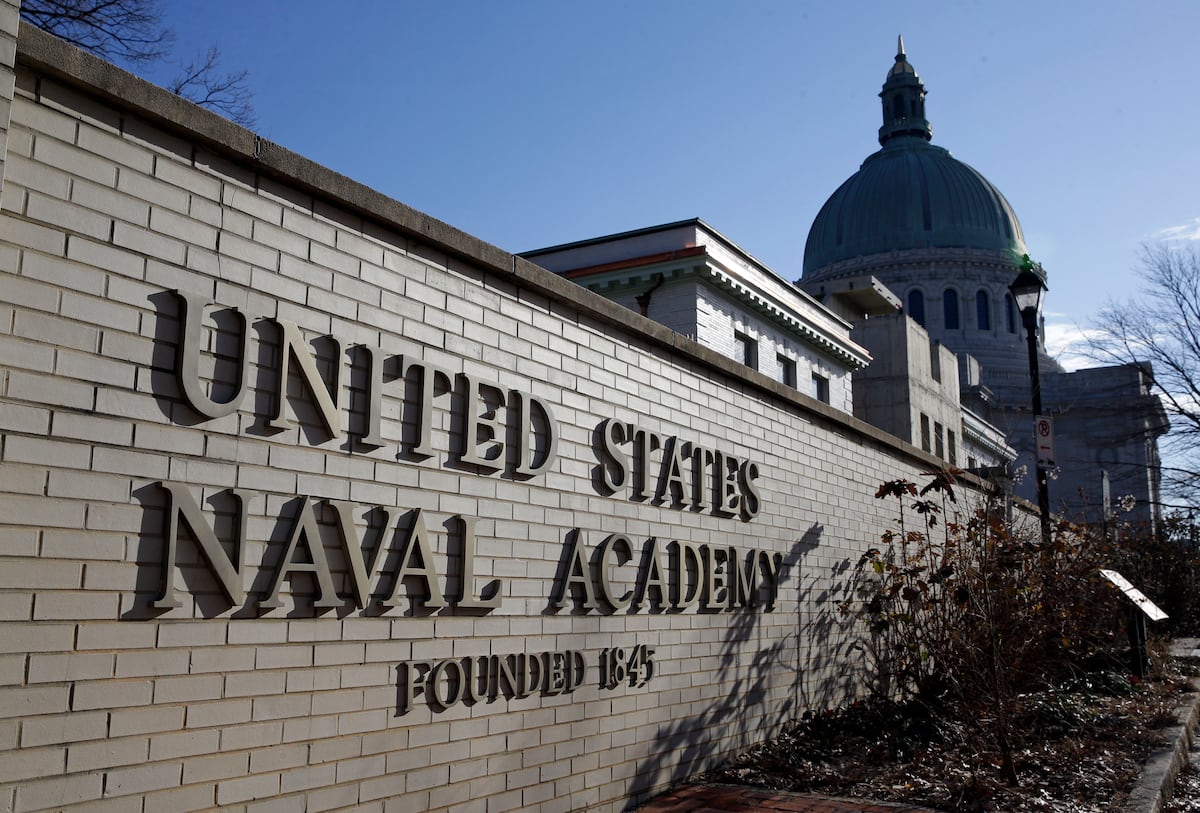Living through the Biden administration after experiencing the Trump administration, it becomes clear that the greatest threat to our national security is not merely external forces or geopolitical dynamics, but rather the deterioration of truth, faith, and confidence in our government and institutions. This erosion of trust has profound implications for American society, as it undermines the very fabric of democracy and civic engagement.
The Deterioration of Trust
As we navigate through the current political landscape, we witness a troubling decline in the public’s trust in a multitude of institutions—government, media, and even among fellow citizens. Americans increasingly report feeling disconnected from the narratives offered by their leaders and the media that are supposed to inform them. This disconnect breeds skepticism, leading many to question the validity of the information they receive, which is a dangerous precursor to disillusionment and further societal fragmentation.
The impact of this distrust is palpable. Citizens no longer see their government as a representative entity that serves the public good. Instead, there is a growing perception that governmental institutions are mired in self-interest, pursuing agendas that prioritize political elites and special interests over the welfare of the average American. This perception is exacerbated by the belief that Congress is not operating transparently, leading to an all-time low in public faith in legislative bodies. The resulting cynicism erodes the social contract essential for a functioning democracy.
The Role of the Cabinet and Government Functions
The Cabinet of the United States, comprising the Vice President and the heads of 15 pivotal executive departments, is ostensibly designed to advise the President and help implement federal policies. However, when public confidence in these figures wanes, the effectiveness of their roles diminishes. The Trust Americans place in institutions like the Department of Defense, the Department of Health and Human Services, and the Department of State is crucial in fostering national cohesion and support for government initiatives.
When trust frays, even the government’s basic responsibilities come into question. The inability of federal leadership to maintain government operations—keeping it open and functional—is indicative of a failure to fulfill their duties, which many citizens view as an egregious violation of their service to the nation. This failure has broader implications; it signals to the public that their government is not only failing to solve problems but may also be contributing to societal instability.
Failure of Congress
In recent years, Congress has repeatedly faced criticism for its failure to fulfill its fundamental duties, contributing significantly to the growing mistrust Americans have towards their government. The inability of Congress to effectively manage its responsibilities undermines public confidence in government institutions and exacerbates a national crisis of faith.
At its core, Congress is tasked with crucial responsibilities, including legislation, oversight, and representation of the American people. However, many citizens feel that Congress is failing to execute these duties effectively. Frequent gridlock, partisan bickering, and reluctance to engage in constructive dialogue on pressing issues have culminated in a legislative body perceived as ineffective and out of touch with the needs of the populace.
Significant issues such as budget, maintaining a functioning government, infrastructure, healthcare reform, and economic stability have often been sidelined in favor of political maneuvering and partisanship. This failure to prioritize the needs of ordinary Americans has led many to view Congress as an institution more interested in advancing political agendas than in tackling real-world challenges. As a result, the belief persists that Congress is not serving its primary function: to act in the best interest of the citizens it represents.

.jpeg)























.jpeg)












 English (US) ·
English (US) ·